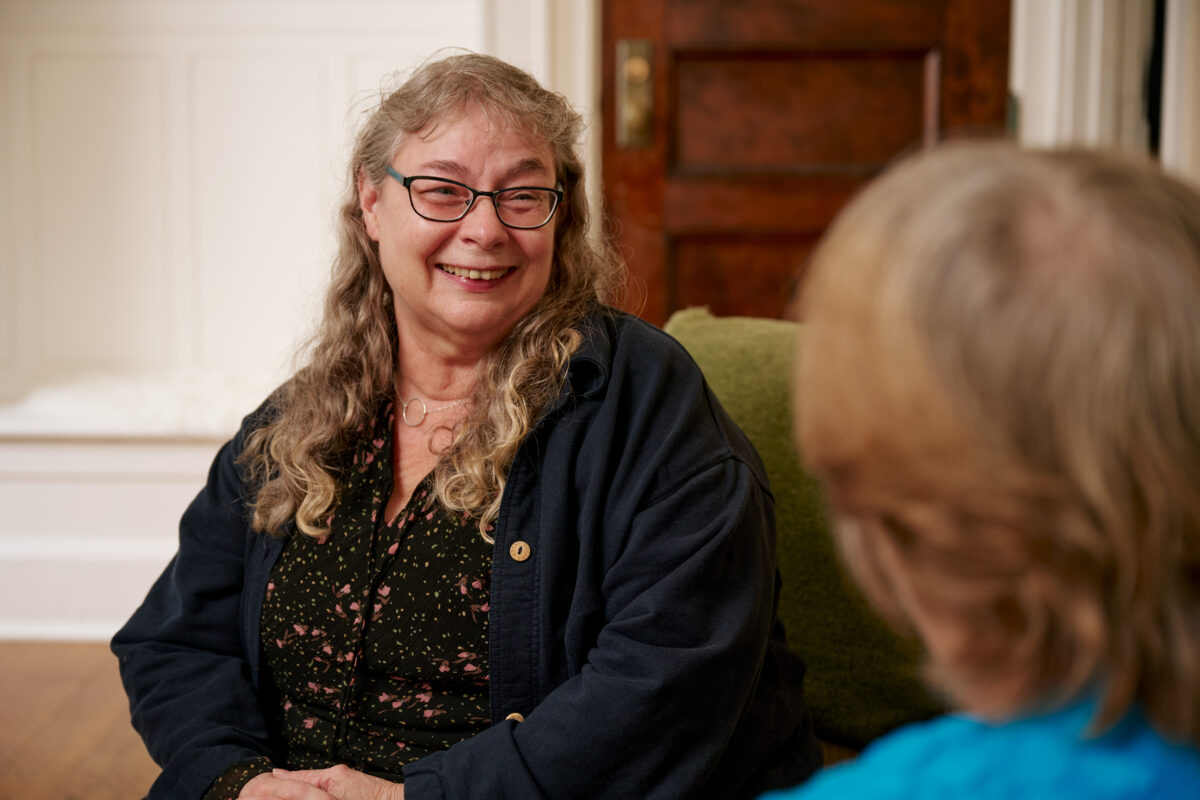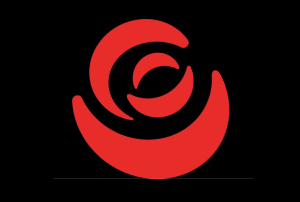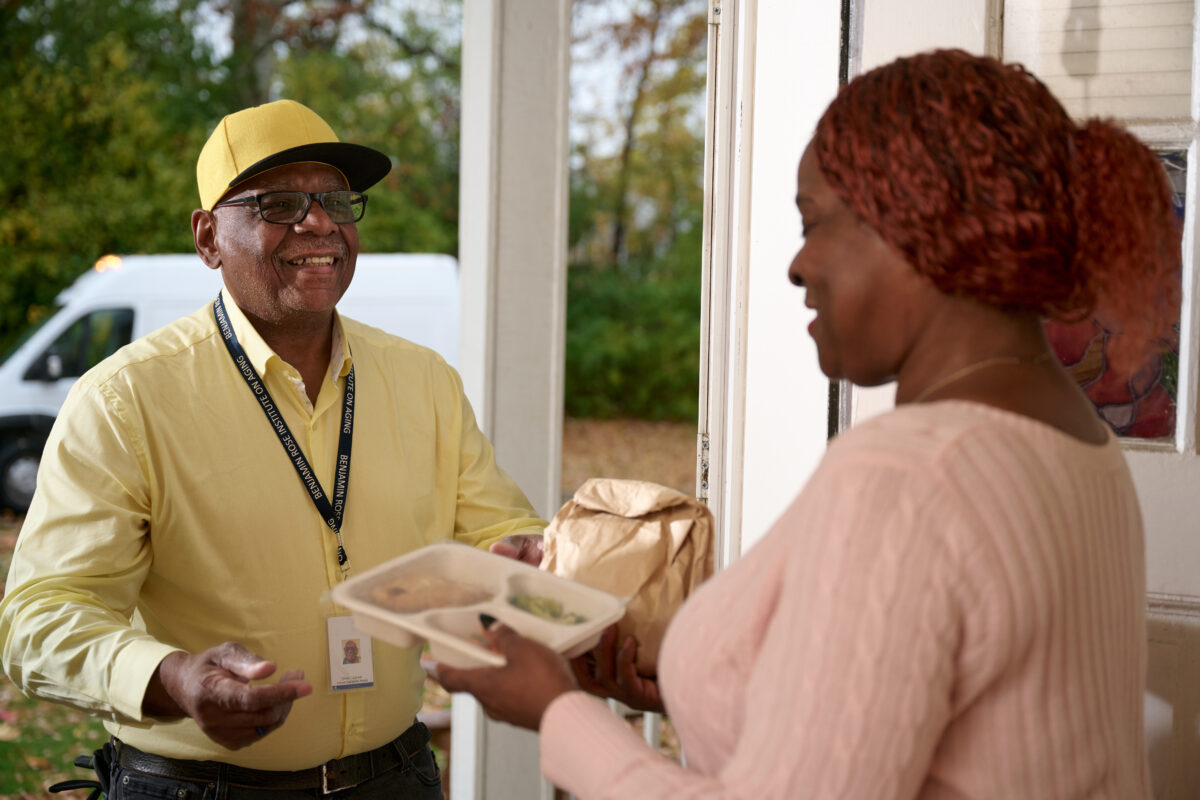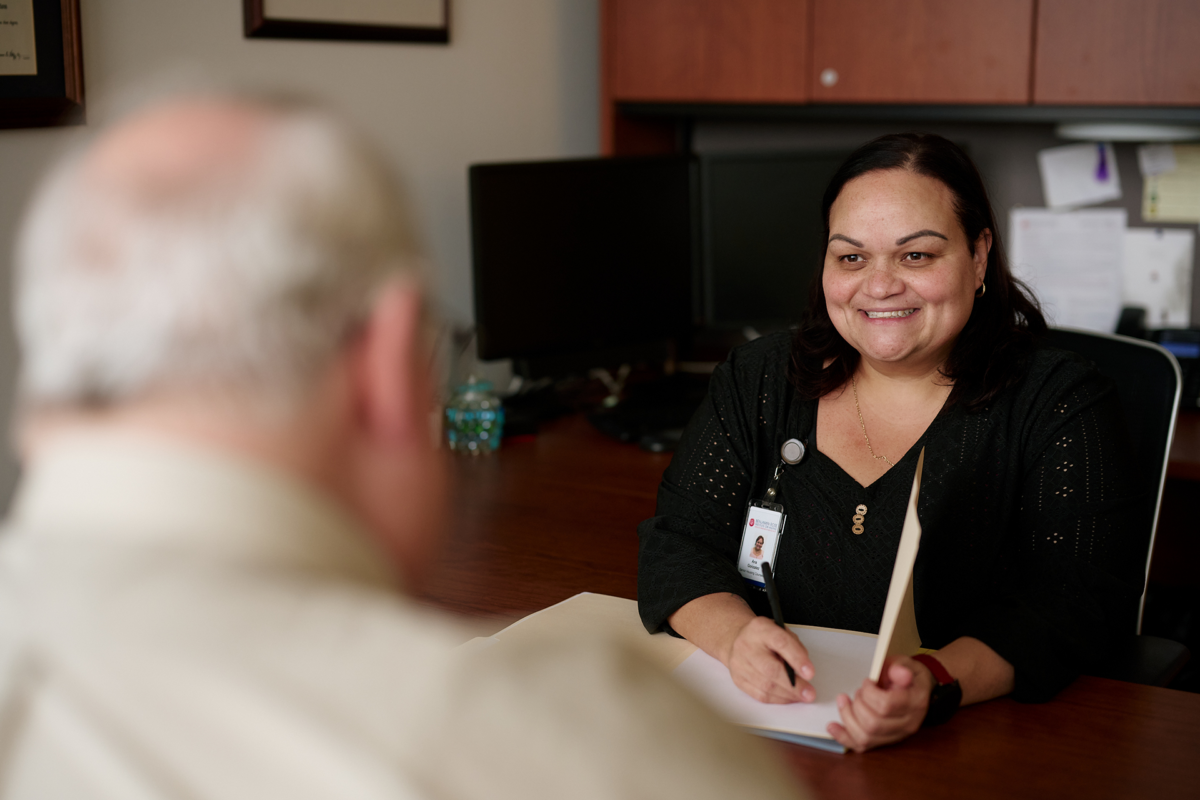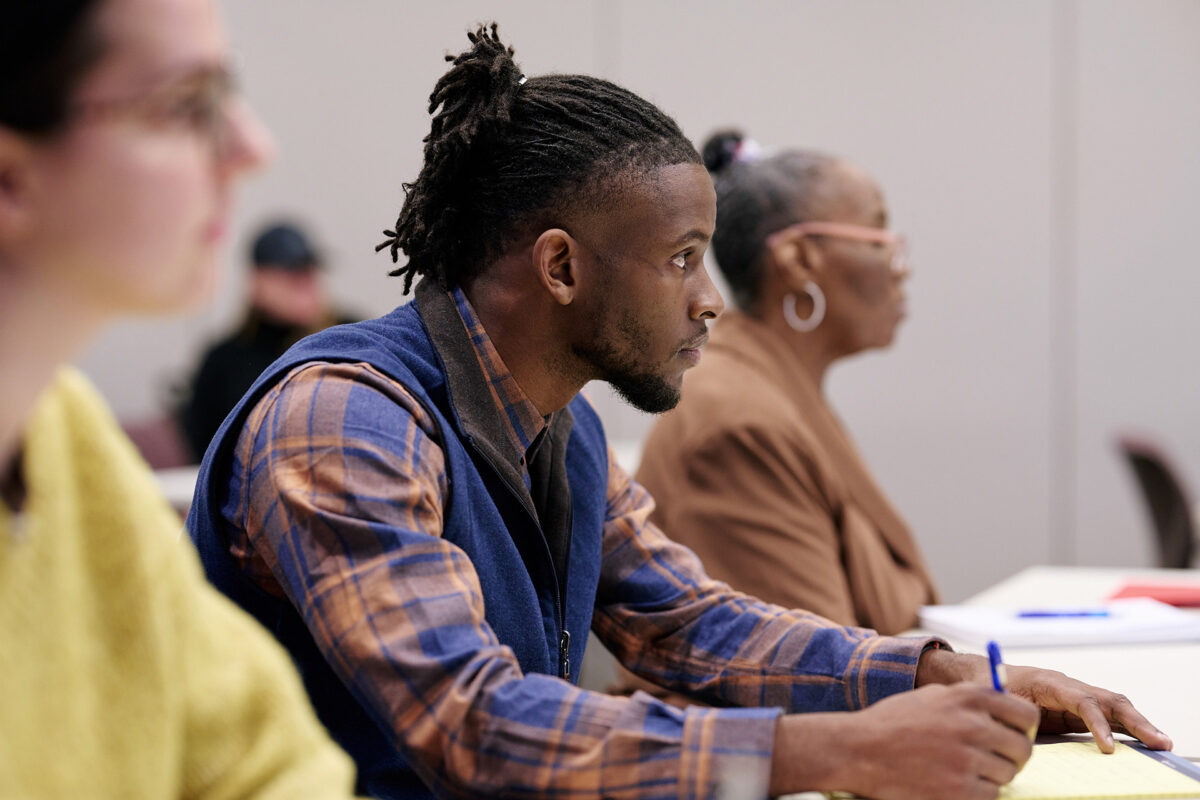Increasing Utilization of Caregiver Support Services
Getting caregivers to participate in the programs and services they need
As professionals in the aging sector, we know there are dozens of helpful support services and resources available to family and friend caregivers that could significantly help to reduce caregiver stress and burnout.
Unfortunately, the caregivers who need them the most often don’t seem to know it!
According to the 2020 AARP Caregiving in the US report, only 14 percent of caregivers reported making use of respite services, although nearly 40 percent acknowledged that respite would be helpful to them.
And while getting a loved one to all their appointments and activities is a very common problem among busy caregivers, only 25 percent made use of transportation services.
The reasons caregivers have for this aren’t surprising:
- I don’t have time to research the help I need
- I can’t afford to pay for services
- I don’t know who I can trust
A quick scan of the Best Practice Caregiving website of evidence-based programs available to dementia caregivers includes a broad spectrum of programs that support:
- Caregiving education
- Health & wellness
- Transitioning care & living arrangements
- Financial counseling and education
- Managing Activities of Daily Living
- Improving communication
Some of these important services are probably offered by your very own organization! But as we know, they are often underutilized. The challenge often lies in making connections.
That’s why connecting caregivers to critical programs and services is one of the primary objectives of BRI Care Consultation.
Connecting caregivers to key services
A comprehensive care-coaching program offered by phone and email, BRI Care Consultation equally supports caregivers and their loved ones to not only identify the issues that are creating stress and potential burnout, but also to identify solutions that will help the care team solve these issues. And many times, the answer lies in matching them with reliable, community-based services.
“Care Consultation is a comprehensive solution that addresses the needs of both the caregiver and the person receiving care,” says Lauri Scharf, Care Consultant and Master Trainer for Benjamin Rose Institute on Aging. “We identify the issues that they’re experiencing, and then develop Action Steps to create a step-by-step roadmap to address their priorities in a manageable way. And frequently the solution involves contacting a service agency in their area that offers the exact kind of service they need.”
Some of the most frequent needs that are identified for caregivers are respite services or support groups. “We often get calls that indicate caregiver burnout is coming on strong, so we often suggest that family caregivers at least consider some sort of support for themselves,” Scharf says. “Because, of course, they can’t effectively take care of someone else if they’re not taking care of themselves, physically and emotionally.”
Transportation services are high on the priority list, as well, because care receivers often need assistance getting to appointments with multiple medical practitioners, as well as to grocery stores. Over 60 percent of family caregivers are employed, most full-time, which can create problems with their employers. In fact, 80 percent of employed caregivers feel their caregiving duties negatively impact their job performance.
And often, referrals to reliable home health aides and agencies can relieve considerable burden from caregivers.
Adult Day Services (ADS) programs are frequently recommended, particularly when home health services aren’t an option, because they represent a method of promoting both care receiver and caregiver support simultaneously. As the care receiver derives the benefits of the programs, which may involve socialization and reduced isolation, exercise, mental stimulation, etc., the caregiver also benefits from respite from their duties during the times of ADS participation.
Care Consultation can be the ‘hub’ of program and service recommendations
Cross-promotion of services among social service, government and community-based organizations needs to remain at the top of agency priority lists.
For many agencies, BRI Care Consultation serves as the “hub” for outreach to persons who may use other programs and services within your organization. Care Consultants are ideal resources for linking clients to other appropriate programs that are available. And because of this, many caregivers enrolled in BRI Care Consultation find it offers lasting solutions to their needs.
“Care Consultation does double duty,” Scharf says. “Not only is it a comprehensive program that addresses emotional, social and physical needs in the care relationship, it also helps organizations improve utilization of other services they offer, or those offered by community-based organizations.”


